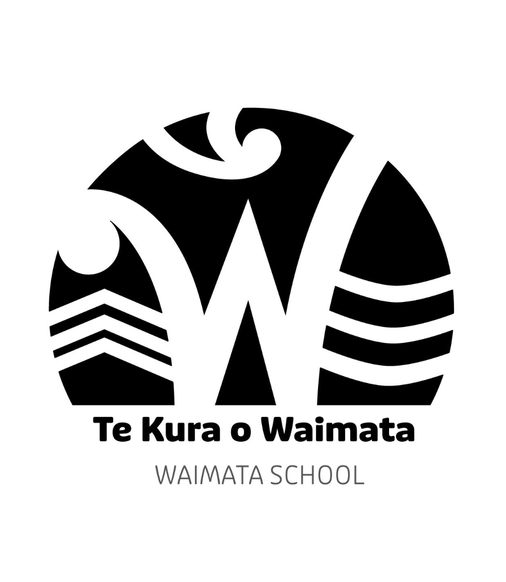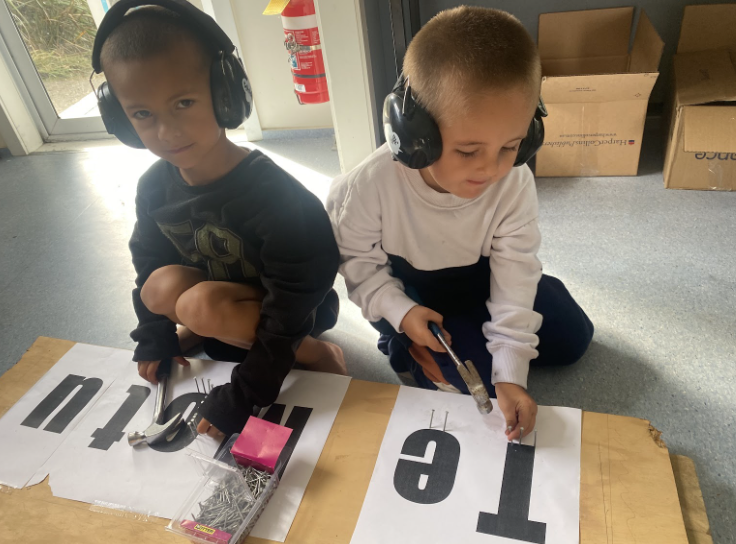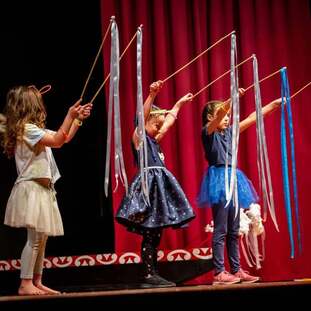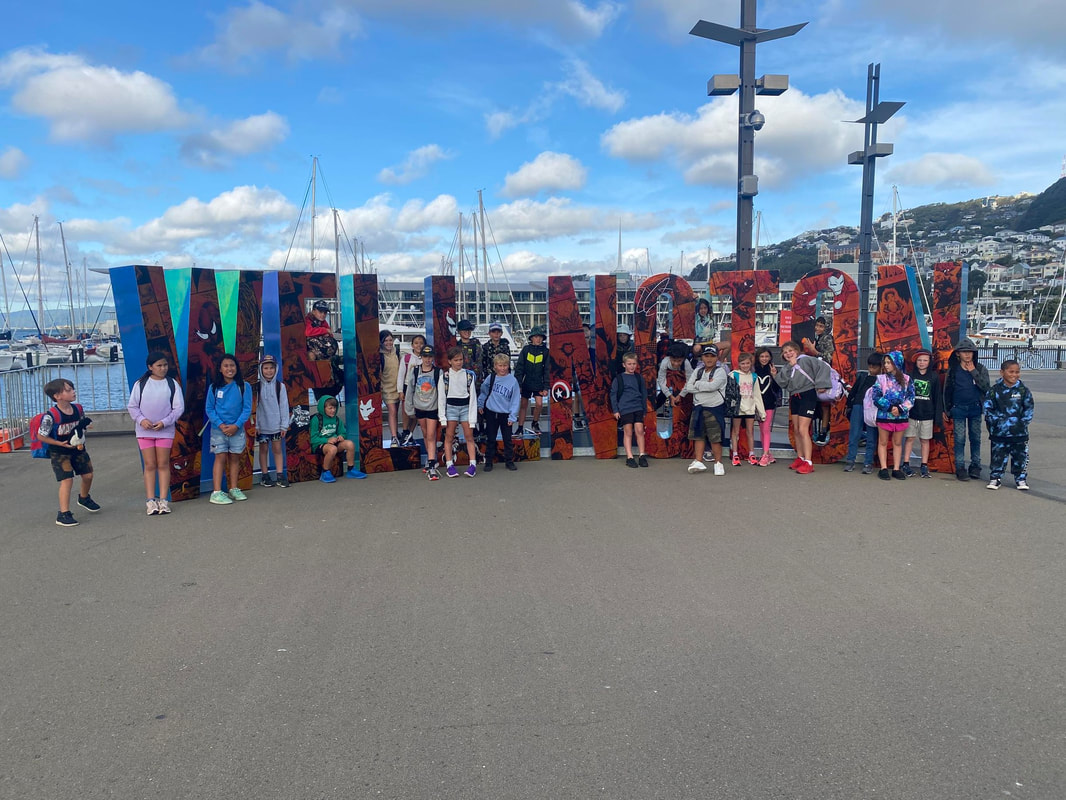Te Motu - New Entrant
For term one & four, new tamariki spend time in our Te Motu learning space.
Being in a smaller learning group for part of the week provides a specific learning program focusing on whakawhanaungatanga, beginning phonic sounds, number knowledge, kura expectations, hauora, brain development and also strengthening body coordination.
Spending time in Tūrangawaewae learning alongside their older peers further settles tamariki into kura and fosters new lasting friendships.
Being in a smaller learning group for part of the week provides a specific learning program focusing on whakawhanaungatanga, beginning phonic sounds, number knowledge, kura expectations, hauora, brain development and also strengthening body coordination.
Spending time in Tūrangawaewae learning alongside their older peers further settles tamariki into kura and fosters new lasting friendships.
Tūrangawaewae
Year 0 1 2 3
'a place to stand'
Tūrangawaewae is one of the most well-known and powerful Māori concepts. Literally tūranga (standing place), waewae (feet), it is often translated as ‘a place to stand’. Tūrangawaewae are places where we feel especially empowered and connected. They are our foundation, our place in the world, our home.
Our younger tamariki start school as teina in Tūrangawaewae where they build positive relationships with their older peers in the school known as the tuakana. The tuakana–teina relationship, an integral part of traditional Māori society, provides a model for buddy systems. An older or more expert tuakana helps and guides a younger or less expert teina. In a learning environment that recognises the value of ako, the tuakana–teina roles may be reversed at any time.
Tamariki enjoy learning through play, expanding their social skills, further developing personal interests, often visiting local significant places while building foundation curriculum skills needed for learning.
'a place to stand'
Tūrangawaewae is one of the most well-known and powerful Māori concepts. Literally tūranga (standing place), waewae (feet), it is often translated as ‘a place to stand’. Tūrangawaewae are places where we feel especially empowered and connected. They are our foundation, our place in the world, our home.
Our younger tamariki start school as teina in Tūrangawaewae where they build positive relationships with their older peers in the school known as the tuakana. The tuakana–teina relationship, an integral part of traditional Māori society, provides a model for buddy systems. An older or more expert tuakana helps and guides a younger or less expert teina. In a learning environment that recognises the value of ako, the tuakana–teina roles may be reversed at any time.
Tamariki enjoy learning through play, expanding their social skills, further developing personal interests, often visiting local significant places while building foundation curriculum skills needed for learning.
Te Mauri O Te Wai
Year 4 5 6
'life essence of water'
Water has mauri, a vitality or essence that supports life. The actions we each take can enhance mauri, or they can diminish mauri. The mauri of wai affects the mauri of people. it is about the health of water. It is also about the deep connections between water, the environment and people.
Te Ao Māori is incorporated into our everyday learning. We recite karakia, waiata, and tikanga practices daily in the hope that all our tauira leave here confident to walk in both languages of our country.
'life essence of water'
Water has mauri, a vitality or essence that supports life. The actions we each take can enhance mauri, or they can diminish mauri. The mauri of wai affects the mauri of people. it is about the health of water. It is also about the deep connections between water, the environment and people.
Te Ao Māori is incorporated into our everyday learning. We recite karakia, waiata, and tikanga practices daily in the hope that all our tauira leave here confident to walk in both languages of our country.
He aha te mea nui?
Māku e kii atu, he tāngata, he tāngata, he tāngata



